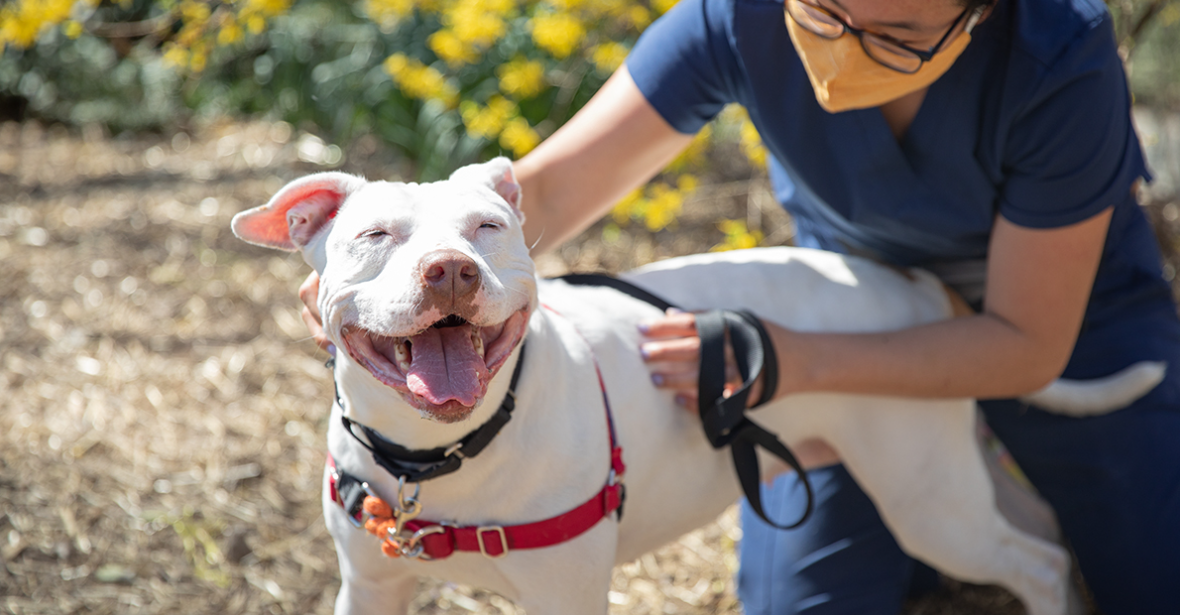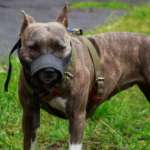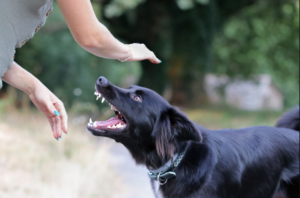
Why Ontario should reconsider their pit bull ban
Legislative approaches to protect communities from dangerous dogs should not be based on breeds, but on promoting responsible pet ownership.
All dogs are equal, but in Ontario some dogs are more equal than others. In 2005 Ontario passed an act designed to permanently remove pit bulls and dogs that look like them from the province.
Many animal activists were enraged by the ban because it punished the dog rather than the owner.
According to the U.S. Centers for Disease Control (CDC), more than 4.5 million Americans are bitten by dogs each year. Any dog can bite, regardless of the breed. Factors that contribute to the dog’s likelihood to bite include their individual history and behaviour, and the vulnerability of the person(s) being bitten. Breed bans are a simplistic approach to a far more complex issue.
While it is true all dogs are capable of biting people, dogs are more likely to do so if they were poorly trained or supervised. Breed-specific legislation places the blame of poor behaviour on the dog rather than on the owner, who should be held responsible for their dog’s behaviour.
Ontario has yet to see a decrease in dog bites despite their pit bull ban. This ban has only led to media fearmongering and thousands of puppies and dogs needlessly taken from their homes and being put down.
Legislative approaches to protect communities from dangerous dogs should not be based on breeds, but instead on promoting responsible pet ownership and developing methods to respond to owners whose dogs demonstrate a risk to the public. Two possible ways of achieving this is enforcing leash laws and introducing education-based programs at the elementary level that focus on safe dog handling.
The Dog Owner’s Liability Act outlines dogs must be kept on a leash of at least two-meters long when not on the owner’s property. While this act is in place, it is not regularly enforced. When a dog is off leash and in a vulnerable state to attack, the owner has less control over the dog and there is a higher probability the dog may cause serious injury. If this law was more regularly enforced, then it could promote responsible pet ownership and help protect the public from dogs who cause harm.
Children under the age of 10 are most at risk of being bitten by a dog. It is suggested this is because kids struggle to recognize emotions and therefore cannot interpret warning behaviours. If elementary schools introduced lessons focused on safety around dogs and bite prevention, then children would gain a better understanding of how to safely treat and handle dogs. This would not only help prevent the public from dog bites, but also promote responsible pet ownership at a young age.
While the pit bull ban is enforced, dogs will continue being euthanized merely because of their breed. Ontario must reconsider their decision and instead create policies that actually protect the public.












